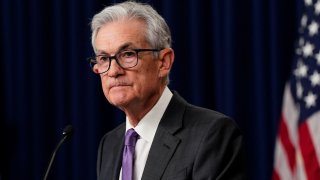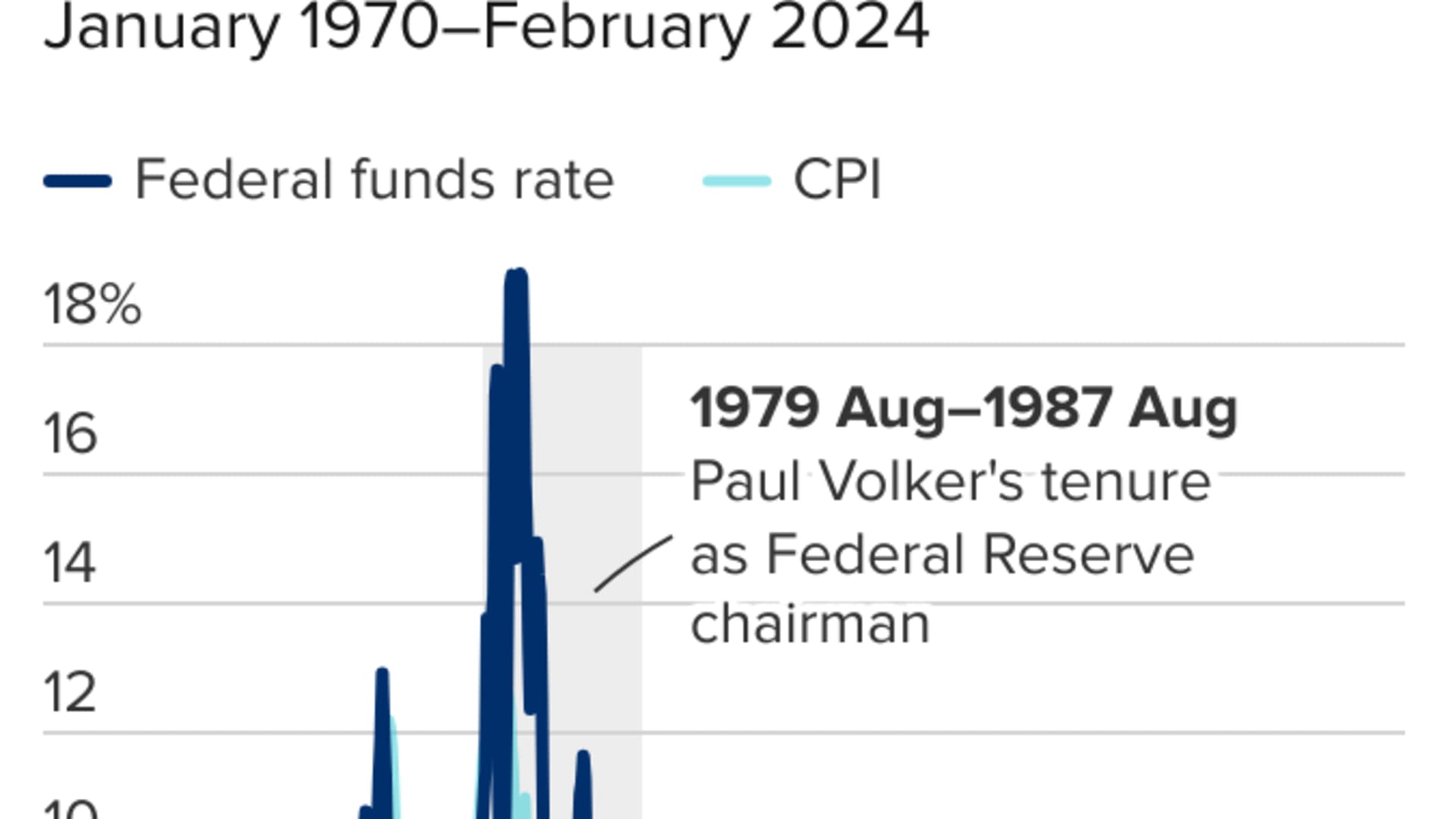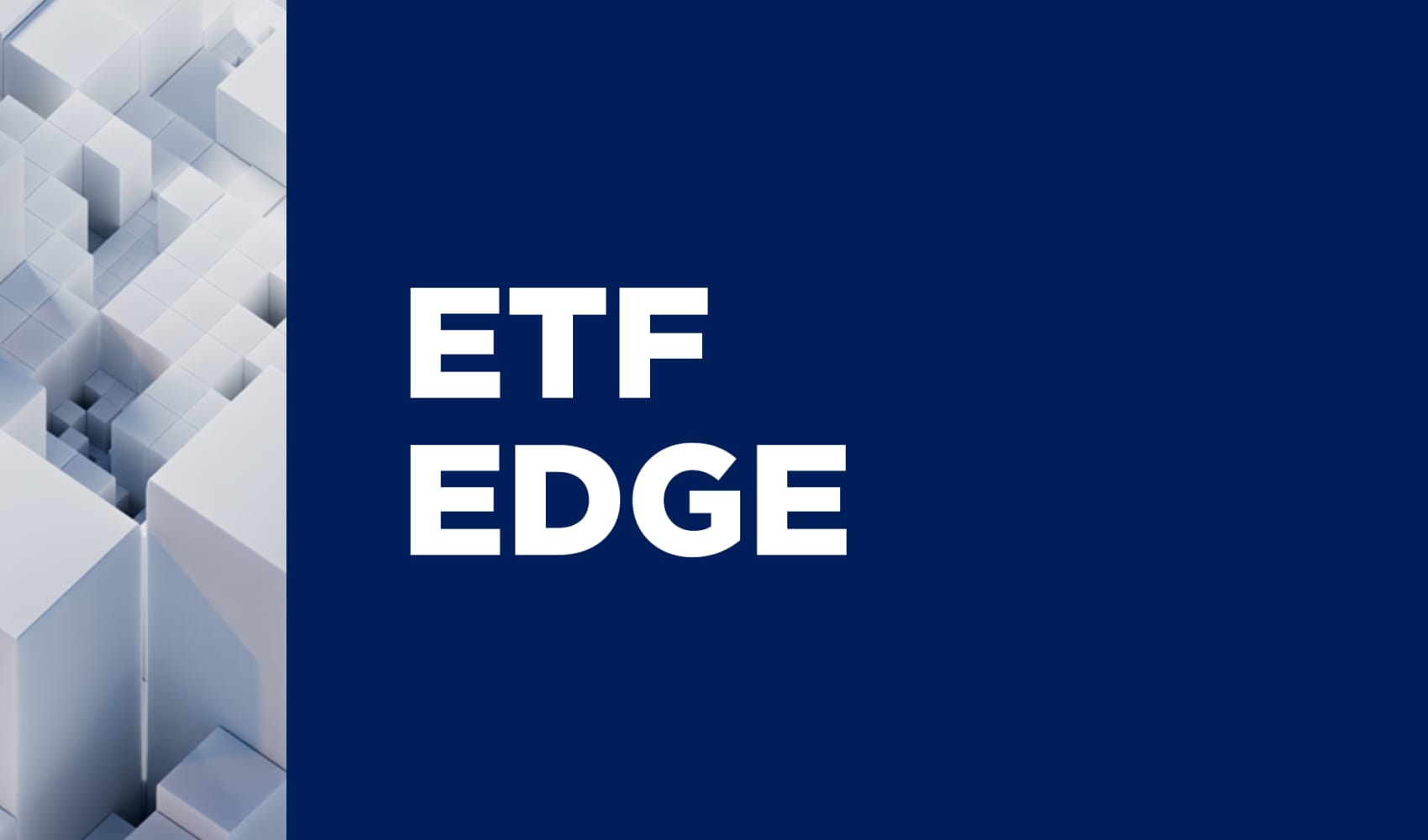
- Since the start of 2024, higher-than-expected inflation data triggered caution from top Federal Reserve officials.
- The Fed is determined not to reduce interest rates too soon, experts say — a mistake the central bank has made in the past.
- "The real danger here is that the Fed loosens prematurely, which is exactly what they did in the late 1960s," said Mark Higgins, author of "Investing in U.S. Financial History: Understanding the Past to Forecast the Future."
The Federal Reserve is in no rush to lower its benchmark rate.
Earlier expectations that the central bank was planning multiple cuts before the end of the year seem less likely.
Get Southern California news, weather forecasts and entertainment stories to your inbox. Sign up for NBC LA newsletters.
On the heels of Friday's strong jobs report, Wednesday's consumer price index increased at a faster-than-expected pace in March. Both suggest that inflation is staying stubbornly higher, which experts say is likely keeping the Fed on the sidelines.
Now markets are pricing in a less-than 20% chance of a rate cut in June, according to the CME's FedWatch measure of futures market pricing, down from nearly 80% one month ago.
More from Personal Finance:
Cash savers still have an opportunity to beat inflation
Should you refinance your mortgage?
Here's what's wrong with TikTok's viral savings challenges
Money Report
Since the start of 2024, higher-than-expected inflation data made top Fed officials less eager to ease policy. Chair Jerome Powell indicated last month that, with the economy still growing at a healthy pace and the unemployment rate below 4%, the Fed can take a more measured approach when it comes to cutting interest rates.
"We are prepared to maintain the current target range for the federal funds rate for longer if appropriate," said Powell at a post-meeting news conference in March.
"The risks of allowing inflation to persist still far outweighs the risk of triggering a recession," Mark Higgins, senior vice president at Index Fund Advisors and author of "Investing in U.S. Financial History: Understanding the Past to Forecast the Future," recently told CNBC.
"[The Fed's] failure to do this in the late 1960s is one of the major factors that allowed inflation to become entrenched in the 1970s," Higgins said.
This time around, the central bank is likely to remain extremely cautious, Higgins said, even if that means holding rates higher for longer.
"My gut is that they are aware of the risks and won't ease too early," he added.
The Fed's 'two major mistakes'
"The Fed has made two major mistakes in its history," according to Higgins, and those two missteps still influence the central bank's moves today.
"The first [mistake] was allowing the banking system to fail in the early 1930s, which caused the Great Depression to deepen significantly," he said. "The second was the great inflation of the 1970s when inflationary pressures picked up and the Fed tightened but backed off prematurely, which is the risk the Fed faces now."
While financial regulations and the creation of deposit insurance could prevent a widespread banking crisis from happening today, "the real danger here is that the Fed loosens prematurely, which is exactly what they did in the late 1960s," Higgins said.

By the early 1980s, prolonged high inflation had become so entrenched that Paul Volcker, then Fed chair, had to get even more aggressive to tighten the money supply.
The benchmark rate, which is the rate at which banks borrow and lend to one another overnight but also feeds through to many forms of consumer debt, reached a record 22.36% in July 1981. Today it's in a range between 5.25% to 5.5%.
Indeed, Volcker was able to ultimately break inflation, but shockingly high interest rates also brought the economy to its knees — and the housing market to a standstill.
"Deep down, Powell is petrified of redoing Volcker again," Steven Eisman, Neuberger Berman's senior portfolio manager, said recently on CNBC's "Squawk Box."
The Fed has "engineered what looks to be a soft landing, inflation is coming down, the economy is still strong, why would you waste rate cuts now and risk a resurgence of inflation when really all you need to do is declare victory?" he said.
Even in prepared remarks last month, Powell referenced Volcker's earlier interest rate policy as a reason policymakers don't want to ease up too quickly now.
"Reducing policy restraint too soon or too much could result in a reversal of progress we have seen in inflation and ultimately require even tighter policy to get inflation back to two percent," Powell said.






